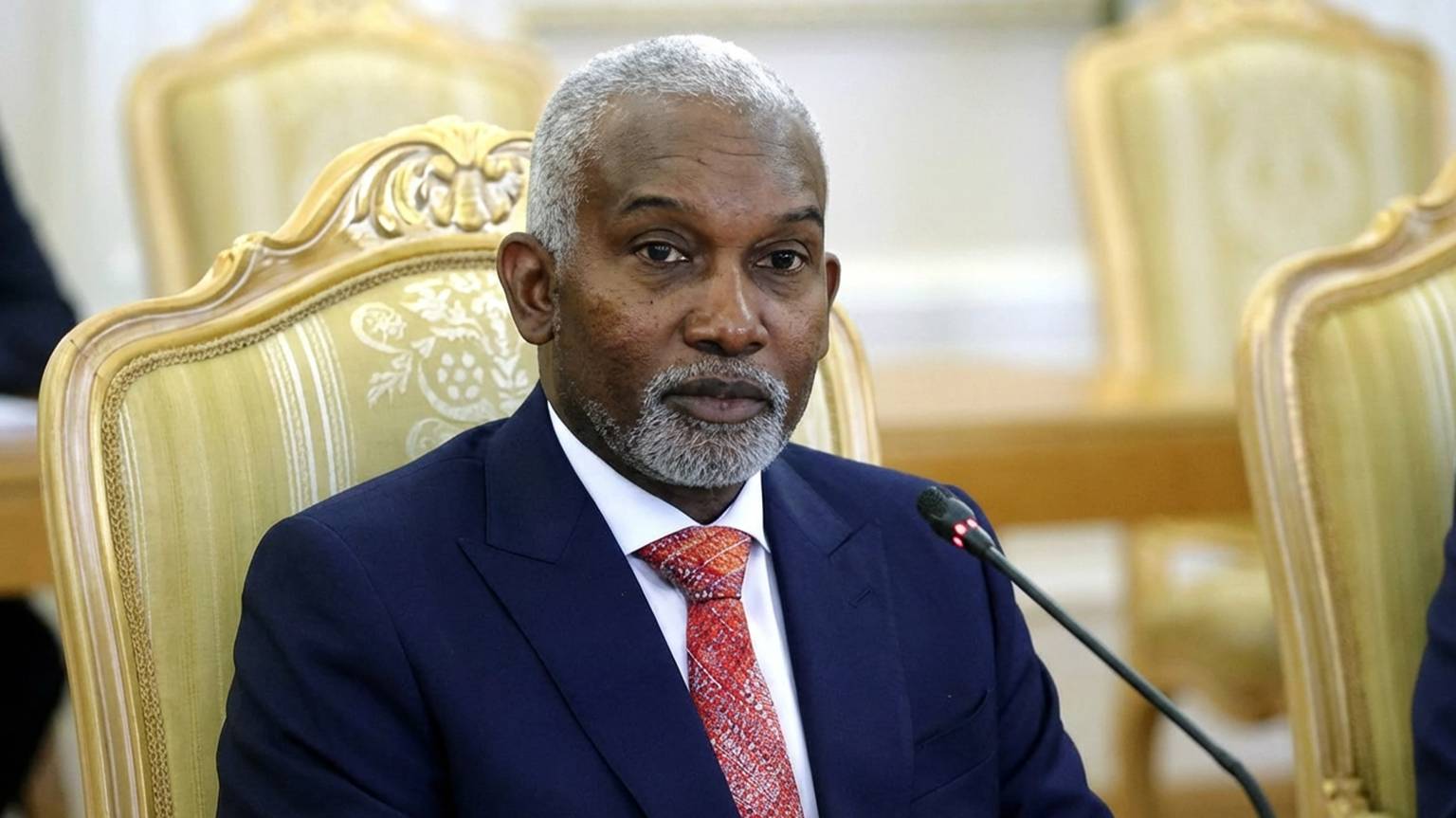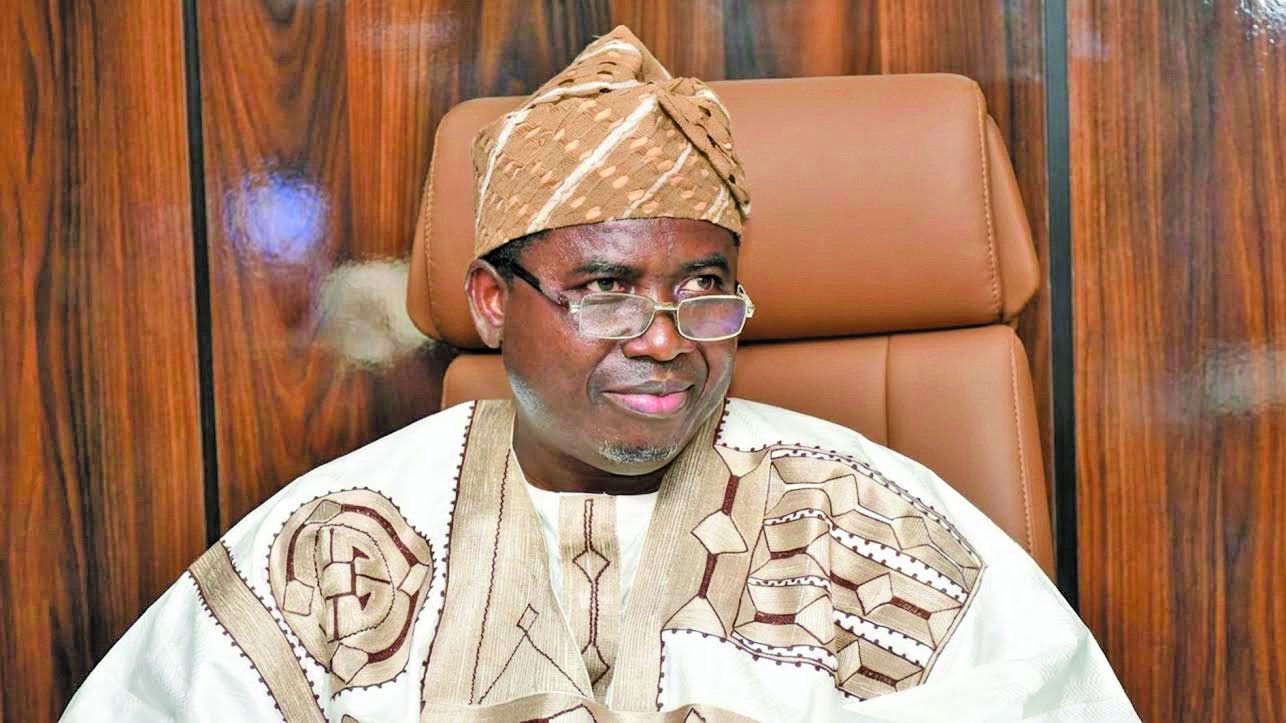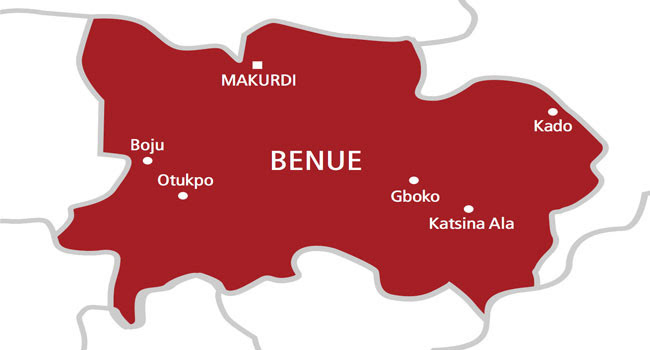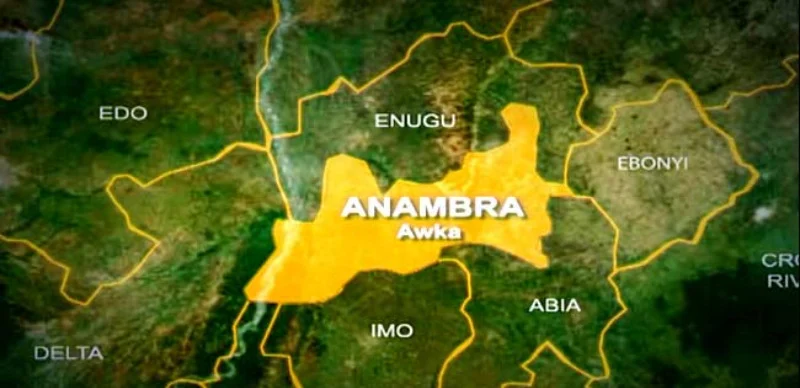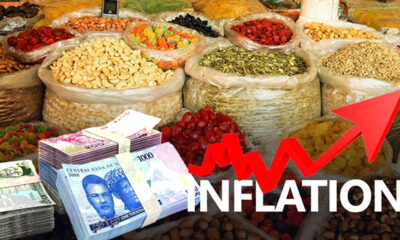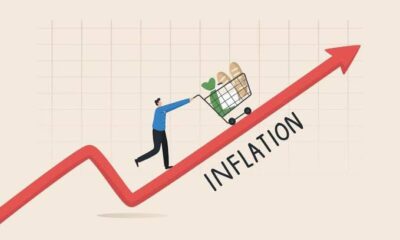National News
Nigeria’s inflation falls to 20.12% in August, easing for fifth straight Month
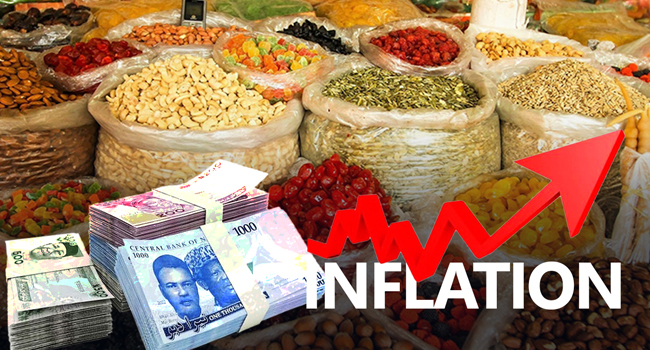
Nigeria’s headline inflation eased for the fifth consecutive month in August 2025, offering some relief to households battling high living costs.
Data released by the National Bureau of Statistics (NBS) on Monday showed inflation dropped to 20.12 percent from 21.88 percent in July, marking a 1.76 percentage point decline month-on-month and a sharp fall from 32.15 percent recorded in August 2024.
The Consumer Price Index (CPI), which tracks changes in the prices of goods and services, inched up to 126.8 points in August from 125.9 in July. Month-on-month inflation slowed to 0.74 percent, down from 1.99 percent, reflecting a moderation in price increases nationwide.
Urban inflation eased to 19.75 percent year-on-year in August from 34.58 percent a year earlier, while rural inflation stood at 20.28 percent compared to 29.95 percent in August 2024. Inflation in urban areas slowed to 0.49 percent monthly from 1.86 percent, while rural inflation came in at 1.38 percent, down from 2.30 percent.
Food inflation, which remains the biggest driver of overall inflation, also moderated but remained high, dropping to 21.87 percent from 37.52 percent a year earlier. Month-on-month food inflation slowed to 1.65 percent from 3.12 percent in July, driven by falling prices of staples such as rice, guinea corn flour, maize flour, millet, semolina, and soya milk.
Core inflation, which excludes volatile agricultural products and energy, was recorded at 20.33 percent year-on-year in August, down from 27.58 percent in August 2024. However, it rose month-on-month to 1.43 percent from 0.97 percent, reflecting pressures from housing, electricity, gas, transportation, education, and healthcare.
Ekiti recorded the highest year-on-year headline inflation at 28.17 percent, followed by Kano at 27.27 percent and Oyo at 26.58 percent. Zamfara posted the lowest at 11.82 percent, while Anambra and Enugu recorded 14.16 and 14.20 percent respectively.
Food inflation was highest in Borno at 36.67 percent, Kano at 30.44 percent, and Akwa Ibom at 29.85 percent, while Zamfara at 3.30 percent, Yobe at 3.60 percent, and Sokoto at 6.34 percent had the lowest.
On a monthly basis, Yobe led with 9.20 percent inflation, followed by Katsina at 8.59 percent and Sokoto at 6.57 percent, while Enugu, Taraba, and Nasarawa recorded declines of –5.32 percent, –3.64 percent, and –3.56 percent respectively.

The inflation report comes ahead of the Central Bank of Nigeria’s Monetary Policy Committee meeting scheduled for September 22 and 23, 2025. While the trend of disinflation offers potential policy flexibility, the persistence of food and core inflation may prompt a cautious approach to the current 27.5 percent benchmark interest rate.
-

 News2 days ago
News2 days agoUS Sanctions Bill: Kwankwassiya, NNPP reject proposed visa ban on Kwankwaso
-

 Sports2 days ago
Sports2 days agoWorld Cup 2026 resale tickets skyrocket to six-figure sums
-

 Sports2 days ago
Sports2 days agoNottingham Forest sack Sean Dyche after relegation fears intensify
-

 Entertainment2 days ago
Entertainment2 days ago‘I’m not a womaniser, I’m a lover boy’ — 2Baba sets record straight
-

 News2 days ago
News2 days agoFRSC disengages 43 Personnel over desertion, scandalous behaviour, patrol misconduct
-

 Metro2 days ago
Metro2 days agoJUST-IN: Petrol Tanker overturns, catches fire in Lagos
-
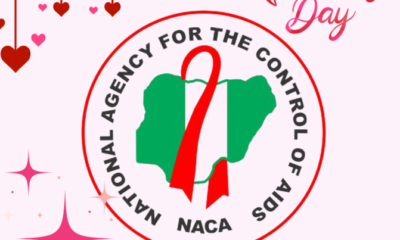
 News2 days ago
News2 days agoNACA calls for responsible valentine’s day celebrations to reduce HIV, STI risk in Nigeria
-

 News2 days ago
News2 days agoCourt shake-up as Judge steps down from Malami’s case




